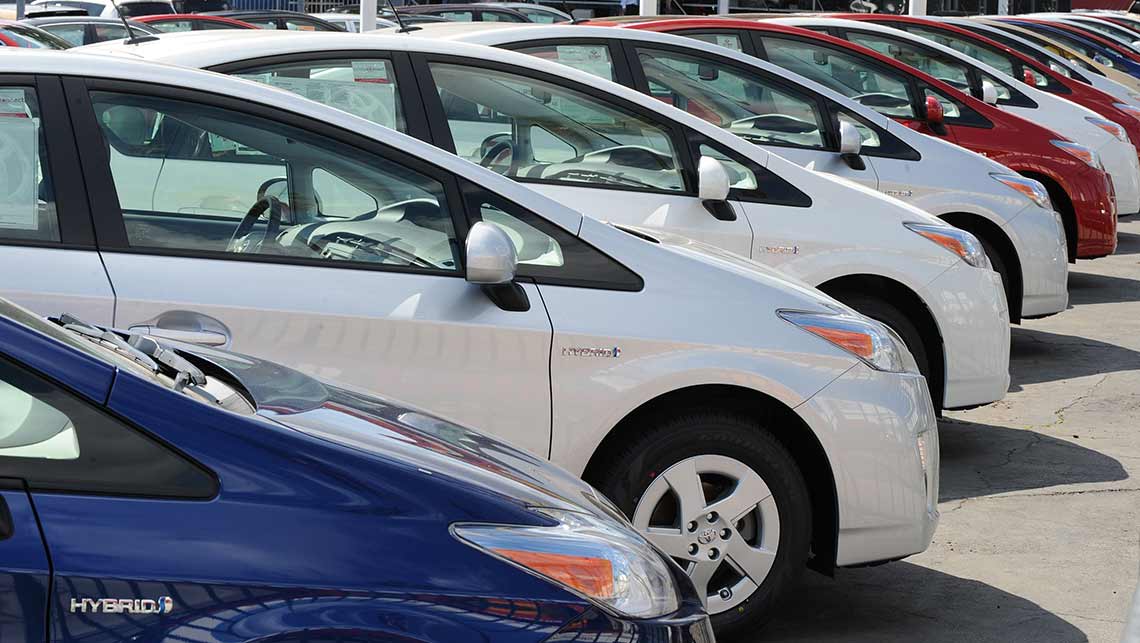Buying a second-hand car can be a thrilling yet daunting experience. With countless options available, discovering the right vehicle that fits your needs and wallet requires thorough research and thoughtful consideration. However, one step that is frequently neglected is bringing the car to a mechanic before completing a purchase. This vital step can save you from unforeseen expenses and confirm that you are executing a smart investment.
Many buyers underestimate the importance of a qualified inspection. A mechanic can spot likely issues that might not be apparent to the lay eye, giving you a better picture of the car's condition. click for more helps in negotiations but also grants comfort, allowing you to assuredly drive off the lot knowing your new pre-owned car is a solid choice.
Important Checks Prior to Buying a Pre-owned Car
When evaluating a second-hand car, it's important to start with a comprehensive check. Look for possible signs of damage or wear, such as rust, dents, or damaged paint. The exterior can give clues about how well the car has been treated over time. Additionally, check the condition of the tires; uneven wear might suggest alignment issues or lack of maintenance. Open the door and trunk to ensure they function properly and inspect cleanliness and signs of damage.
Next, explore the vehicle's history. Obtain a vehicle history report to uncover any past collisions, title issues, or odometer discrepancies. This report can provide significant insight into the car's background, including past ownership and service records. Knowing whether the vehicle has been regularly maintained can help you anticipate future repairs and expenses.
Finally, make sure to try the test drive. This is your chance to evaluate how the car feels on the road. Pay attention to the stopping system, steering, and alignment. Listen for any noises that might indicate underlying issues. A good test drive is important to ensure that the car not only satisfies your criteria visually but also performs well in actual conditions, helping to prevent potential headaches down the line.

Comprehending Pre-owned Car Loans and Warranties
Concerning the financing of a pre-owned car, it is essential to know your choices completely. Many dealerships provide financing plans, but interest rates can differ significantly based on your credit score. Individuals with low credit may experience higher rates, so it's recommended to shop around for the most favorable loan offers. Credit unions and banks often extend attractive rates, and getting preliminary approval can give you an advantage when negotiating with dealers. Being aware of your budget and overall expenses, including interest and fees, will assist in avoiding financial strain on your vehicle.
Warranties on pre-owned cars can fluctuate significantly. A few used vehicles may remain protected by the manufacturer’s warranty, while alternative options might come with a dealer-provided limited warranty. Certified pre-owned vehicles typically provide more comprehensive warranties, providing assurance. It's crucial to read the terms of any warranty thoroughly, including what is covered and for how much time. If the vehicle does not come with a warranty, think about purchasing an extended warranty to protect against potential costly repairs.
Grasping how financing impacts your full ownership expenses is vital. When financing a pre-owned car, you will want to include potential repair and maintenance costs that could not be covered by a warranty. Investigate common issues specific to the model you're looking at and set aside money for regular maintenance to keep your used car in good condition. Effective financial planning will not only assist you cope with the initial purchase but also prepare you for long-term ownership costs.
Movements and Understanding in the Pre-owned Car Market
The used car market has experienced considerable shifts in the past few years, making it a dynamic place for consumers and dealers alike. One major development is the growing popularity of approved pre-owned vehicles. These cars often come with warranties and have passed thorough inspections, providing buyers with added peace of mind. As shoppers become more savvy, the demand for clarity in car history and condition has surged, prompting vendors and private individuals to deliver more thorough reports to instill trust.
Another noteworthy finding is the impact of market fluctuations on second-hand car values. With increasing inflation and changes in interest rates, many consumers are turning to second-hand cars as a less costly alternative to brand-new models. This transition is particularly clear among newer buyers who are often attentive to monthly payments. As a outcome, prices for in-demand and reliable used vehicles have risen, reflecting appetite that outpaces supply in many segments.
Electric vehicles (EVs) are also creating a space in the second-hand car market. With the push for environmental consciousness, used EVs are becoming more desirable as battery technology improves and charging stations expands. Buyers are more recognizing the long-term savings associated with electric ownership, even in the pre-owned market. This growing interest in used EVs indicates a broader shift towards green automotive choices, which is changing the landscape of used vehicles available today.
